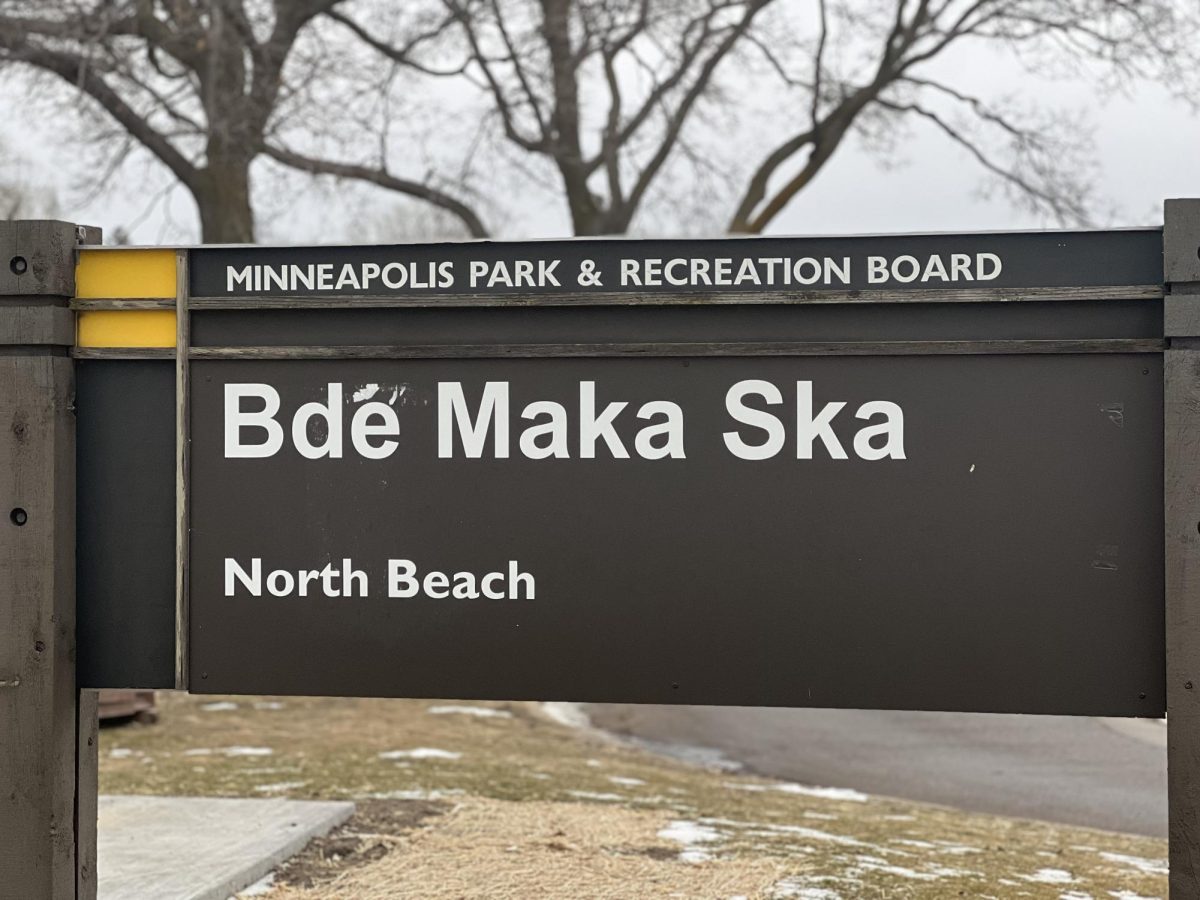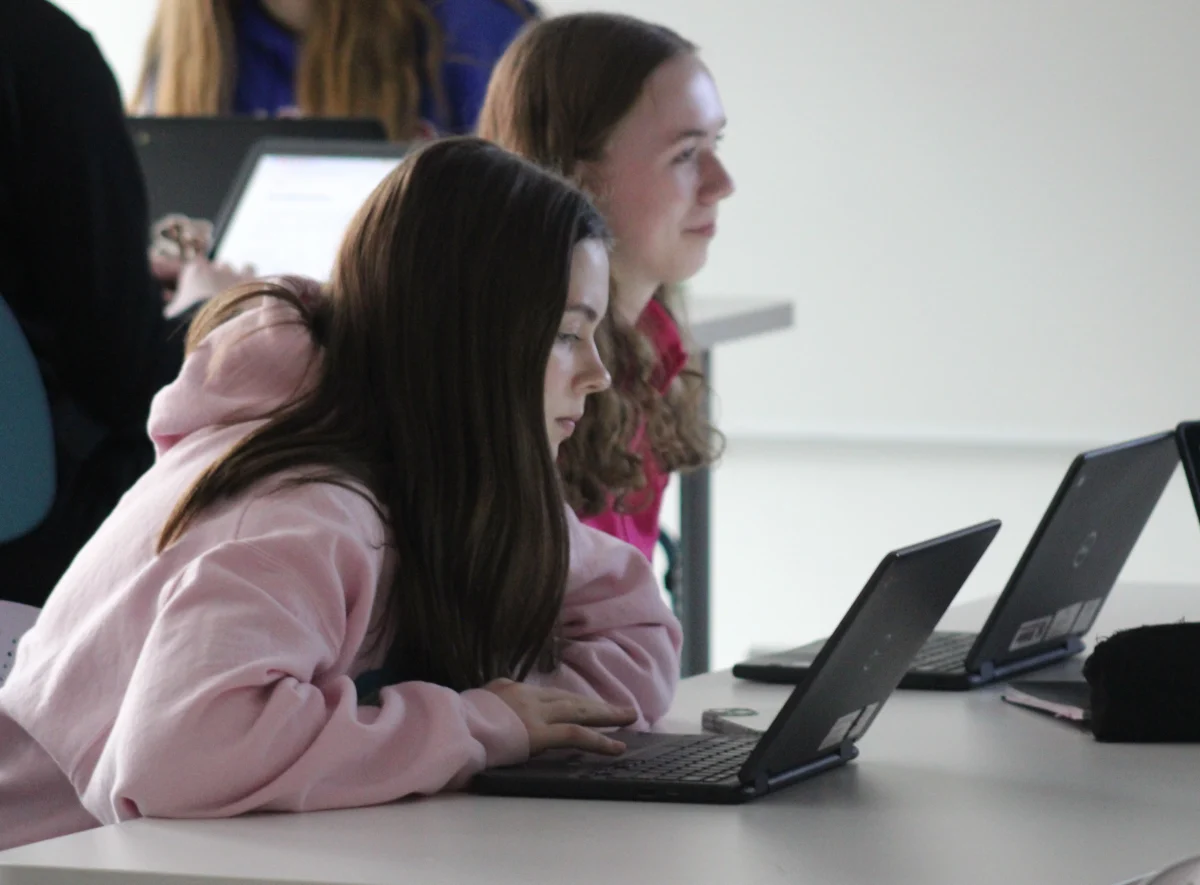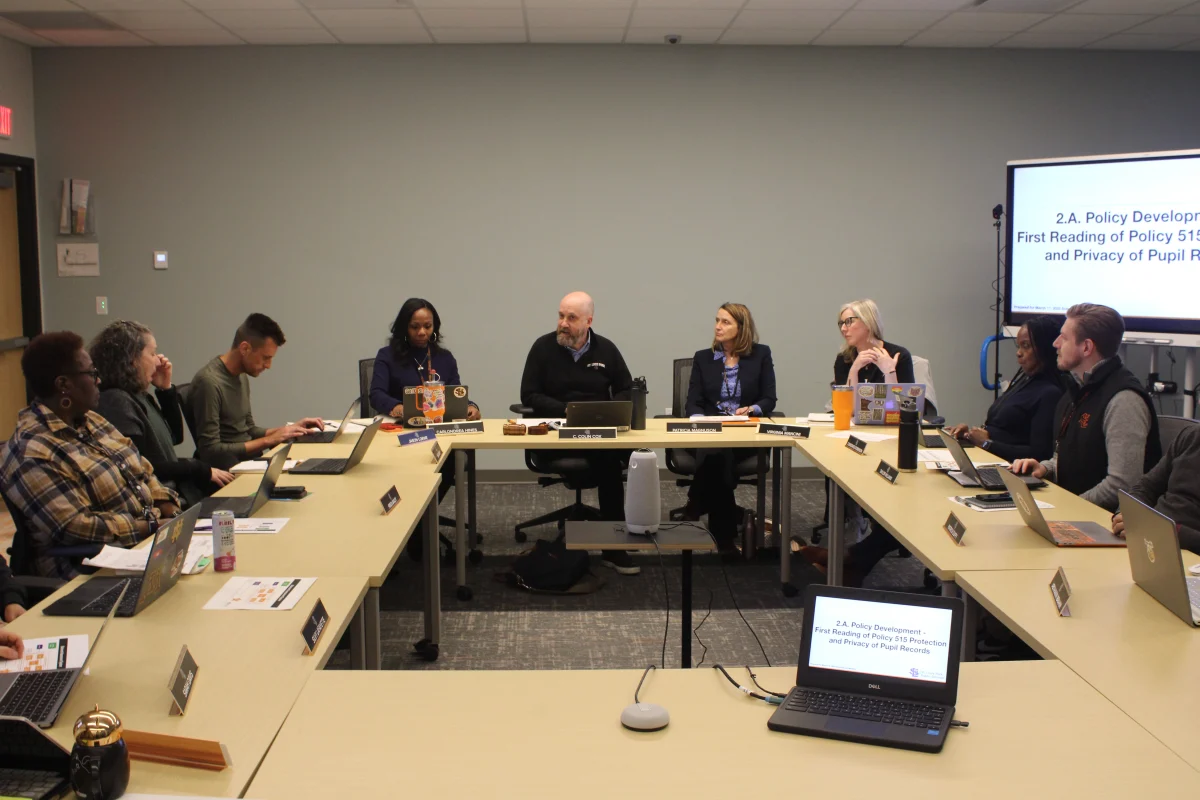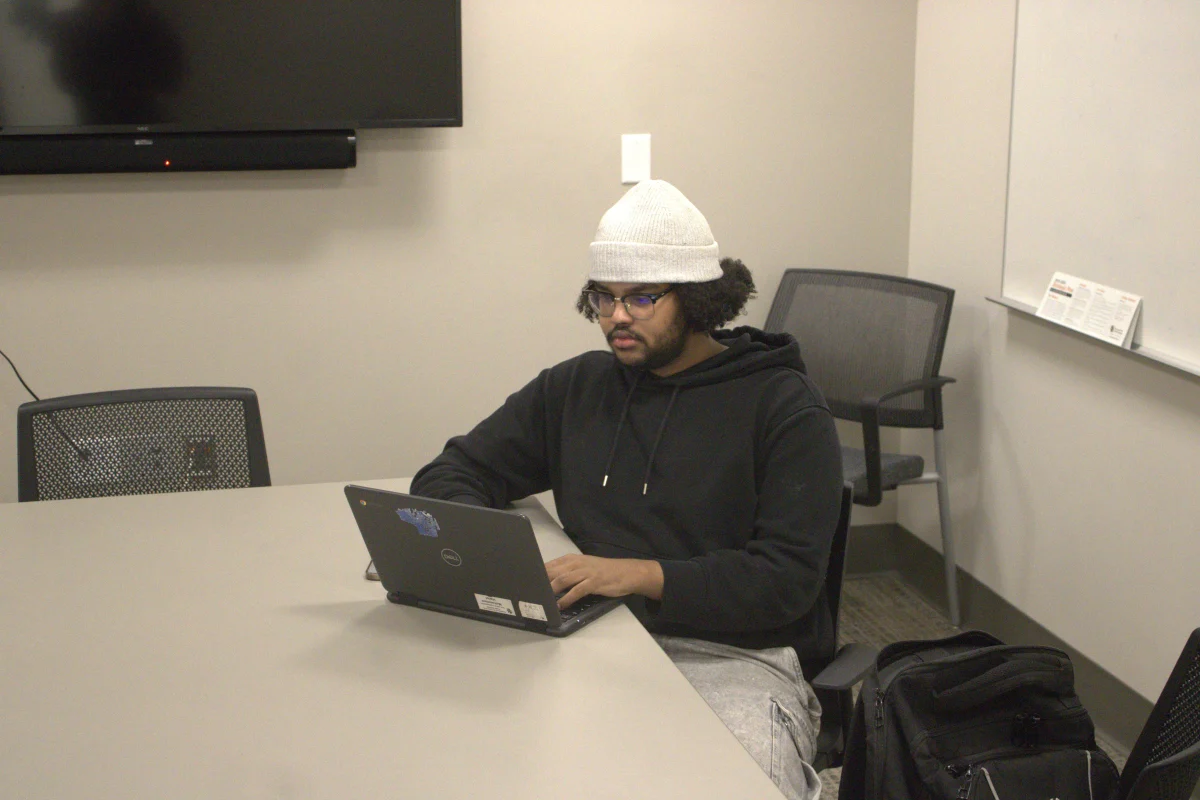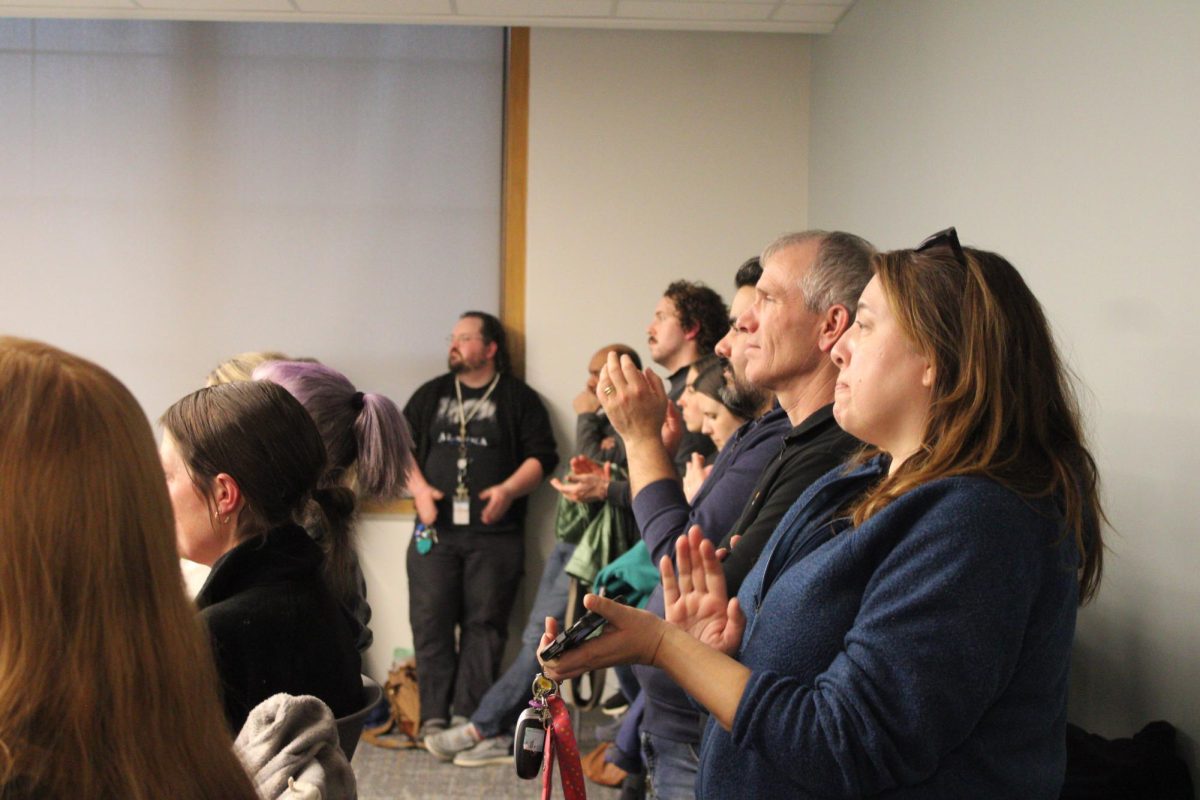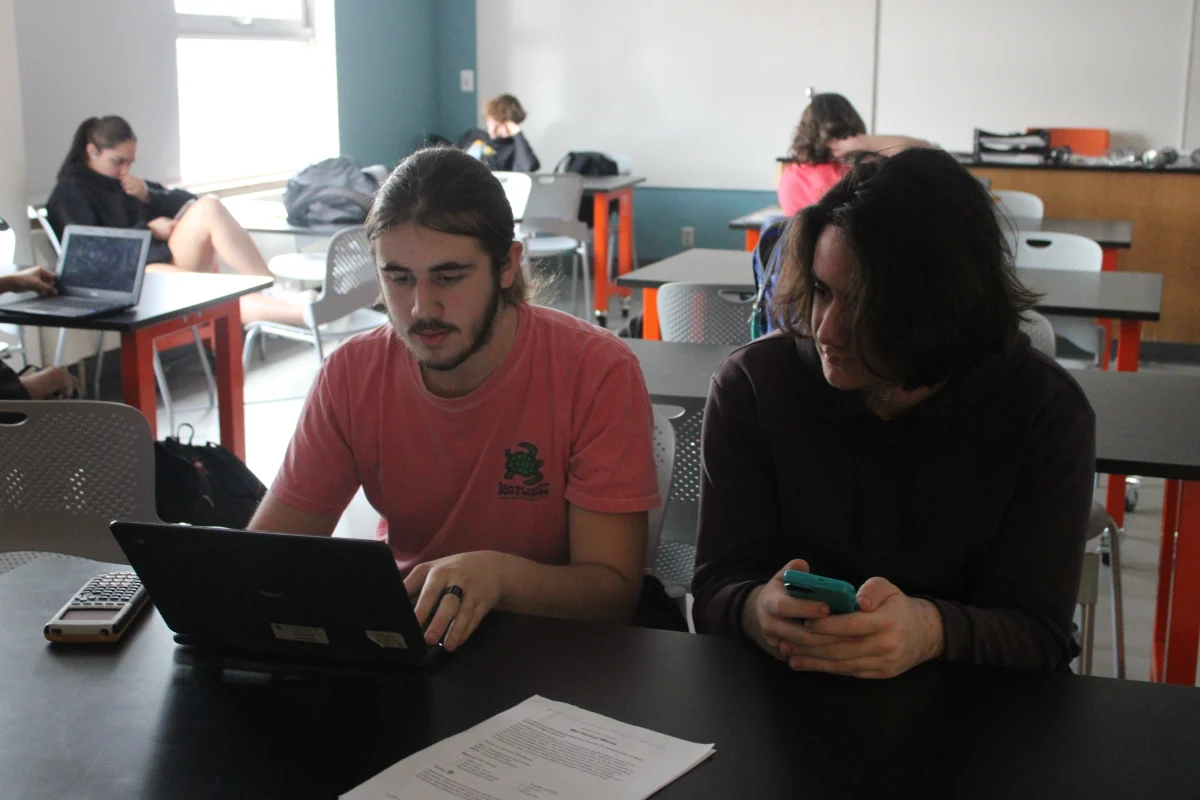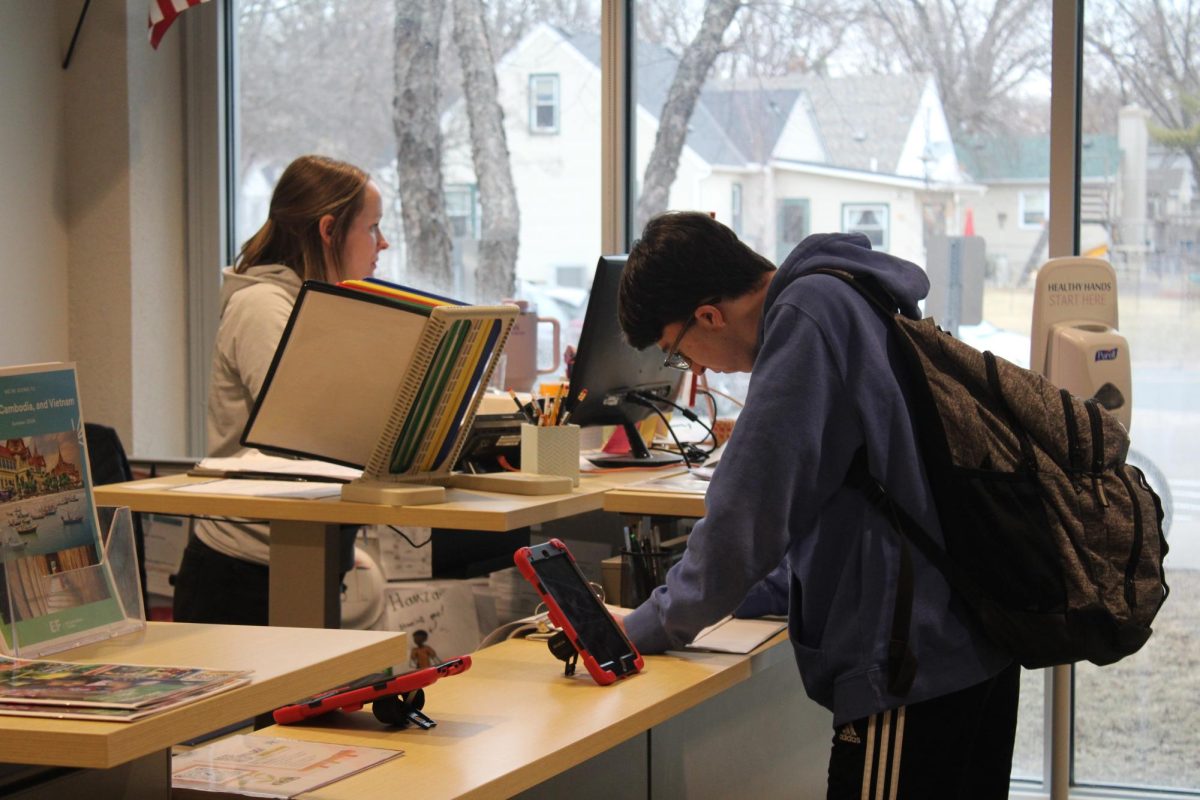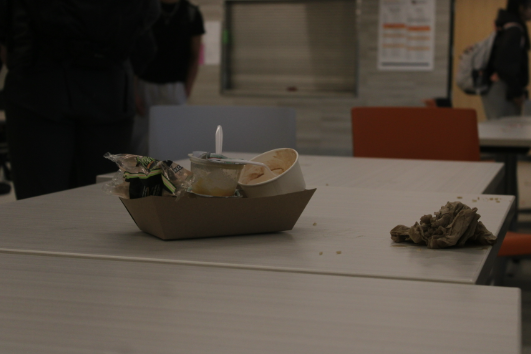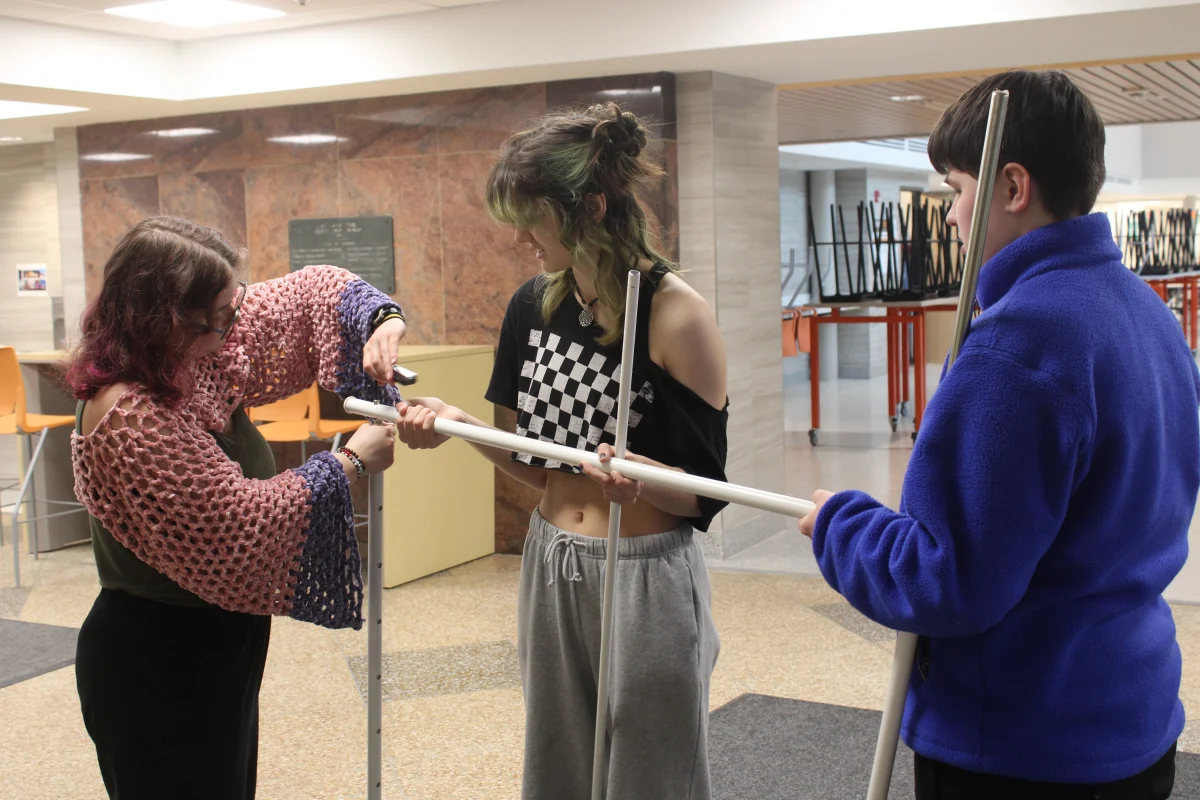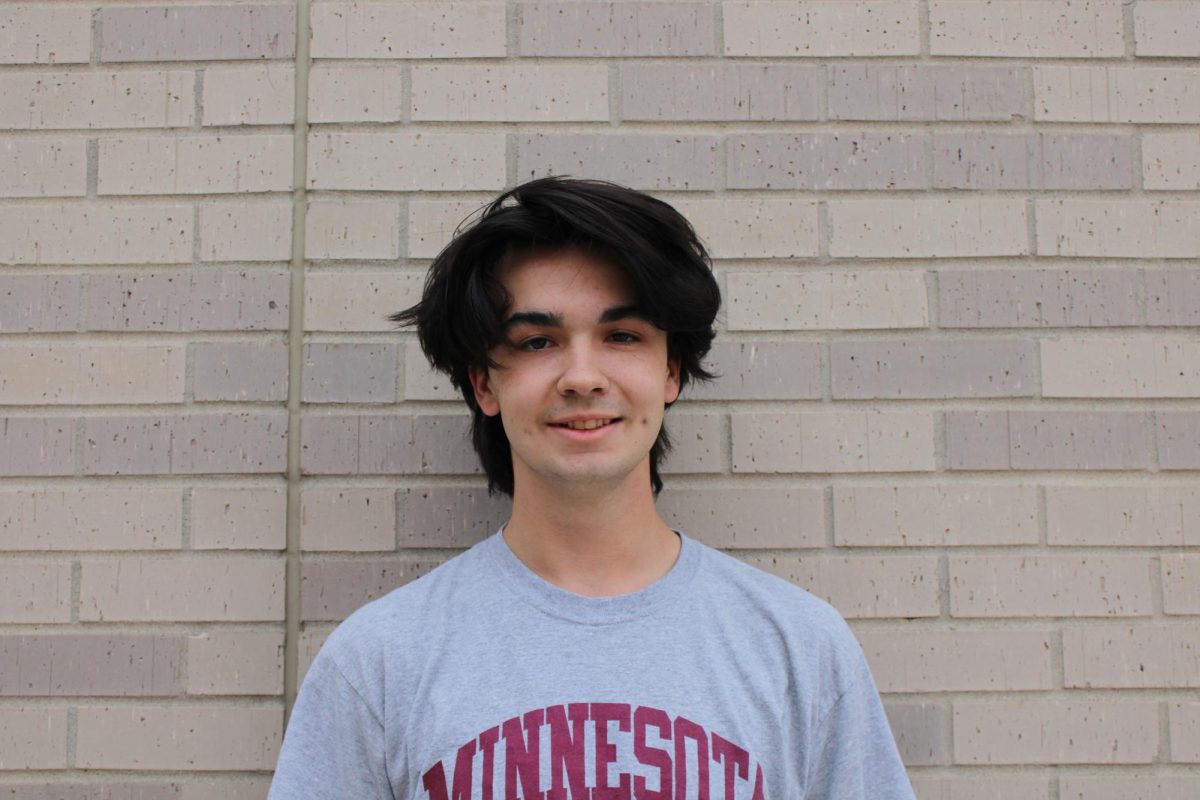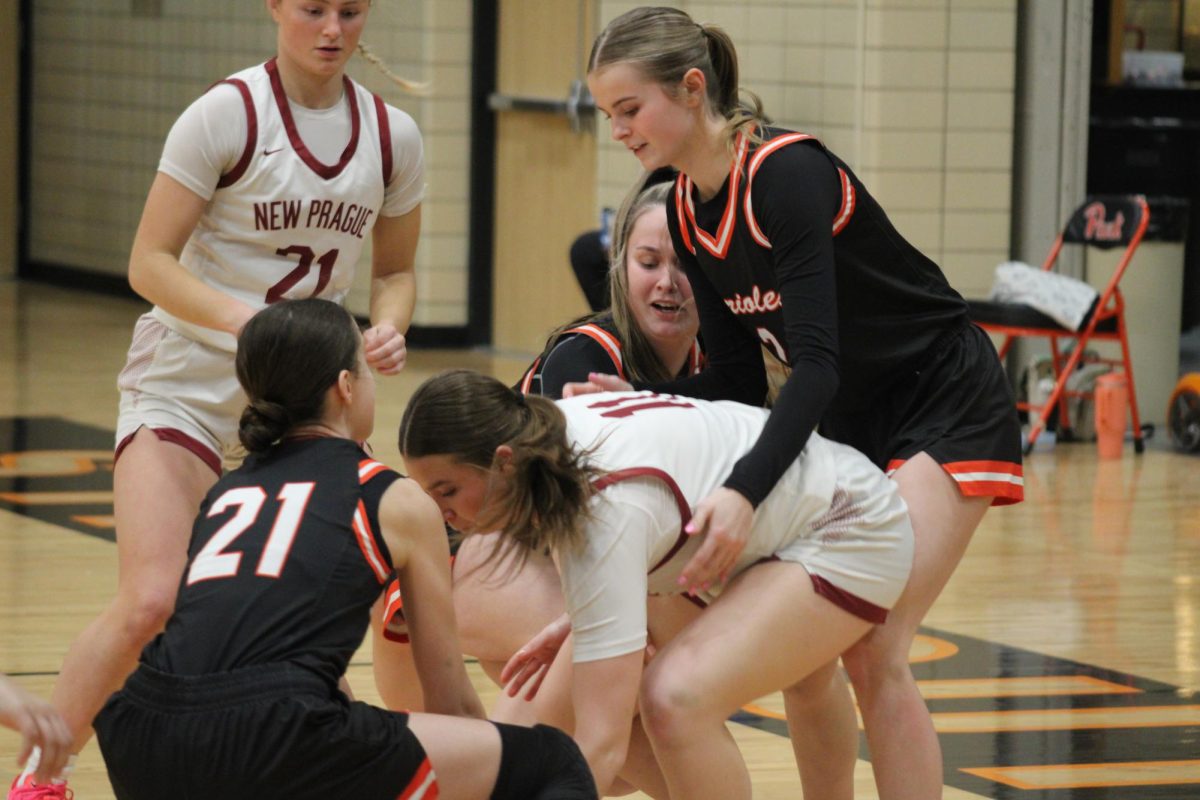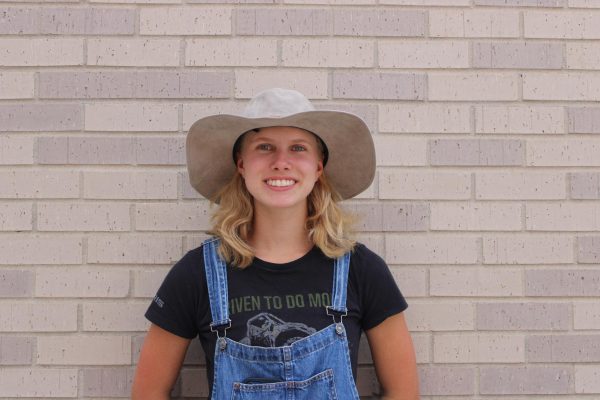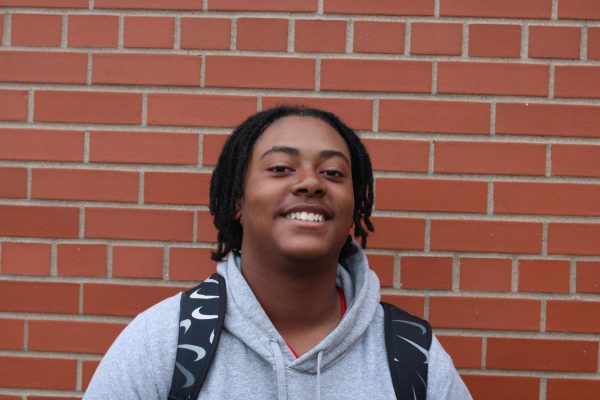Recently, Park has made an effort towards acknowledging the land on which the school is on and the indigenous people who used to live on it. Despite several changes, some students have expressed discontent.
Junior Calista Sahlstrom said, the land acknowledgement is performative. She said just talking about it isn’t enough and it’s avoiding the problems on reservations.
“It’s performative because the land acknowledgement isn’t doing anything about the actual problems,” Sahlstrom said. “Talking isn’t doing anything for the people still affected by land being taken.”
Principal LaNisha Paddock said the land acknowledgement is really important, it makes us reflect and give thanks to the people who lived on the land before us. She said it reminds us that the land we are on is stolen.
“The acknowledgement is super important, it’s acknowledging that we are on stolen land,” she said. “It reminds us people that resided here before we were here, right before we colonized and settled in these areas.”
Junior Emunah Borg said Park teaches very little about native history, and even less about the native history in Minnesota. She said adding a unit about Native American history in Minnesota would be important to continue recognizing the stolen land.
“I genuinely think we have learned about Native American history, but I don’t really remember,” she said. “There was a little bit about Minnesota, but it wasn’t much. I think adding a unit just learning about history in Minnesota would be a good way to continue.”
According to Sahlstrom, the school started strong and petered out having the land acknowledgement in emails for only a short period of time before removing them. She said teachers throughout the year have also started to ignore the acknowledgement.
“The teachers say it’s important but they usually just ignore it,” she said. “In the start of the year it was in the newsletters and it’s no longer in the emails, it seems like people aren’t really paying as much attention as they did in the beginning.”
According to Borg, having the land acknowledgement is a good idea if people would pay attention. When you don’t listen to it it’s deemed ineffective.
“I think it was a good start to what they’re trying to do,” she said. “But when we do have a land acknowledgement once a week that literally nobody listens to, it’s not very effective.”
According to Paddock, Park is doing more than the land acknowledgement by adding restorative practices, an indigenous practice. She said it’s a good start but there are many opportunities that we have yet to take advantage of.
“Other ways Park has embraced indigenous people and culture is in our use of restorative practice because restorative practice is essentially an indigenous practice,” she said. “There’s all kinds of opportunities that we haven’t gotten to yet, but it’s ahead of us.”



